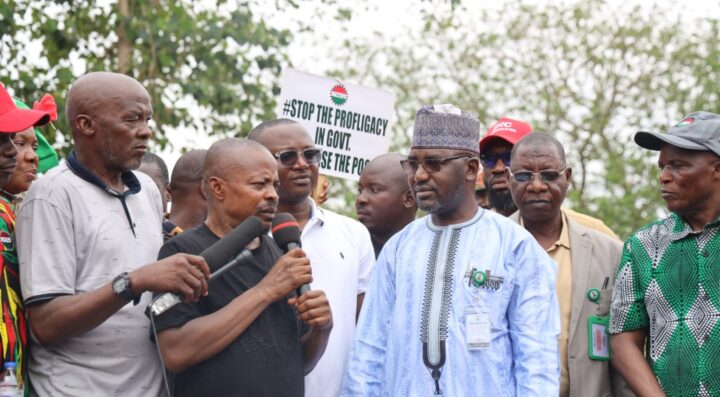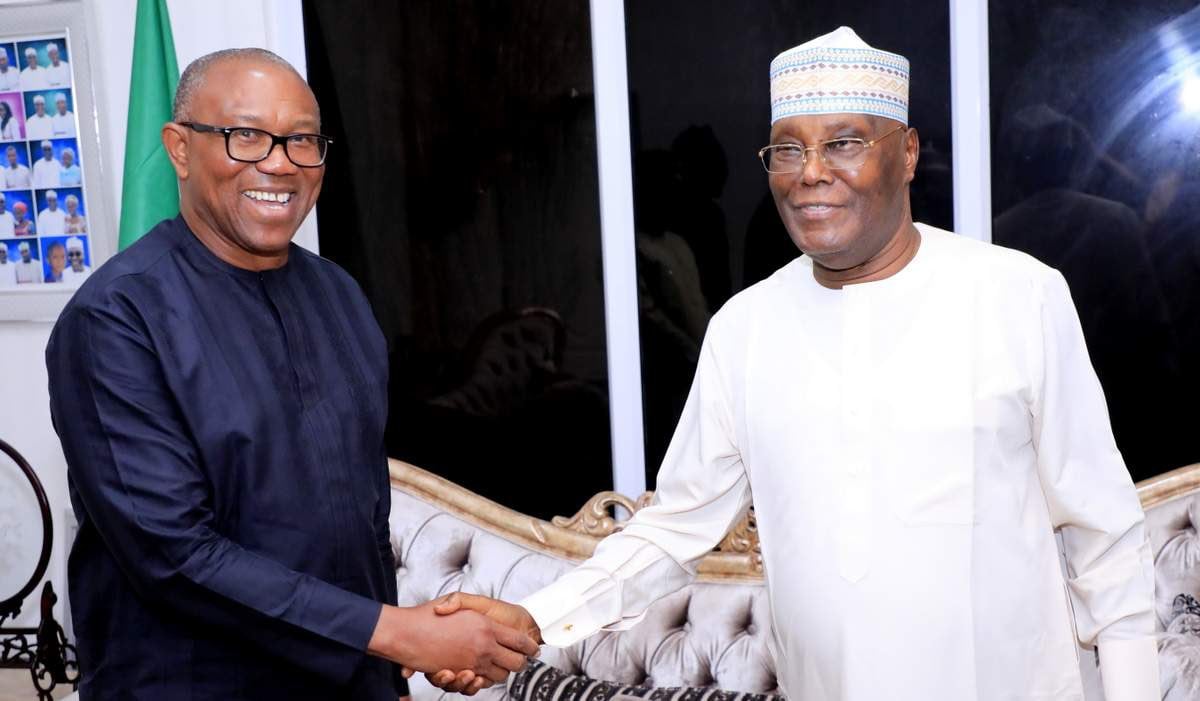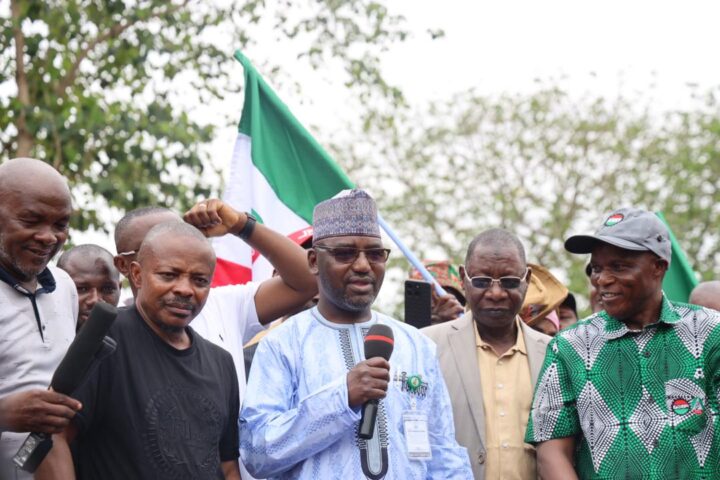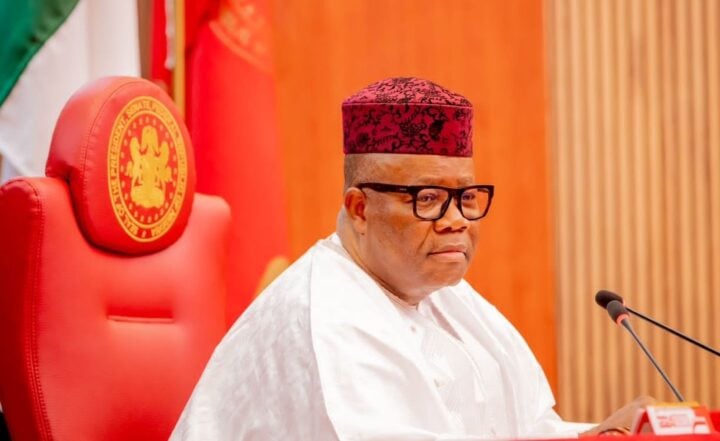Joe Ajaero, president of the Nigeria Labour Congress (NLC), says the Nigerian Electricity Regulatory Commission (NERC) should reverse the electricity tariff.
Ajaero spoke on Monday when members of the labour body picketed the headquarters of the NERC in Abuja over the increase in electricity tariff.
The NERC on April 3 approved an increase in the electricity tariff for elite customers.
Ajaero said the protest was due to NERC’s unresponsiveness to the multiple letters sent by the NLC.
Advertisement
He added that the increase in tariff was arbitrary, noting that NERC did not consult relevant stakeholders before taking the decision.
The NLC president argued that Nigeria has 4,000 megawatts of electricity for over 200 million people, as against the global index of 1,000 megawatts for one million citizens.
“We are here on a peaceful protest having written so many letters to NERC that they cannot increase tariff without meeting with Nigerians, that the process of adjusting tariffs in every tariff methodology requires that they meet with all stakeholders, including labour, that we don’t know where this tarrif is coming from,” Ajaero said.
Advertisement
“And that NERC is not oblivious to the fact that Nigeria is wallowing in power poverty, that while the whole world gave a global index of one million people for 1,000 megawatts, Nigeria has 4,000 megawatts for over 200 million people.
“What Nigeria is generating today is not enough for Lagos, and it is bad enough to say some Nigeria are better than others; some will get 20 hours, some will get two hours; even in South Africa, such has never happened.
“Use the same magic that you are using to give some Nigerians 20 hours to give everybody in Nigeria 20 hours. Nigerians are saying no to discriminatory power allocation.”
He noted that the Manbilla power plant in Plateau state can generate 3,600 megawatts of renewable hydropower but has remained underperforming 30 years after its inauguration.
Advertisement
Ajaero urged the federal government to put an end to all taxes that could further increase the burden on Nigerians.
Add a comment






